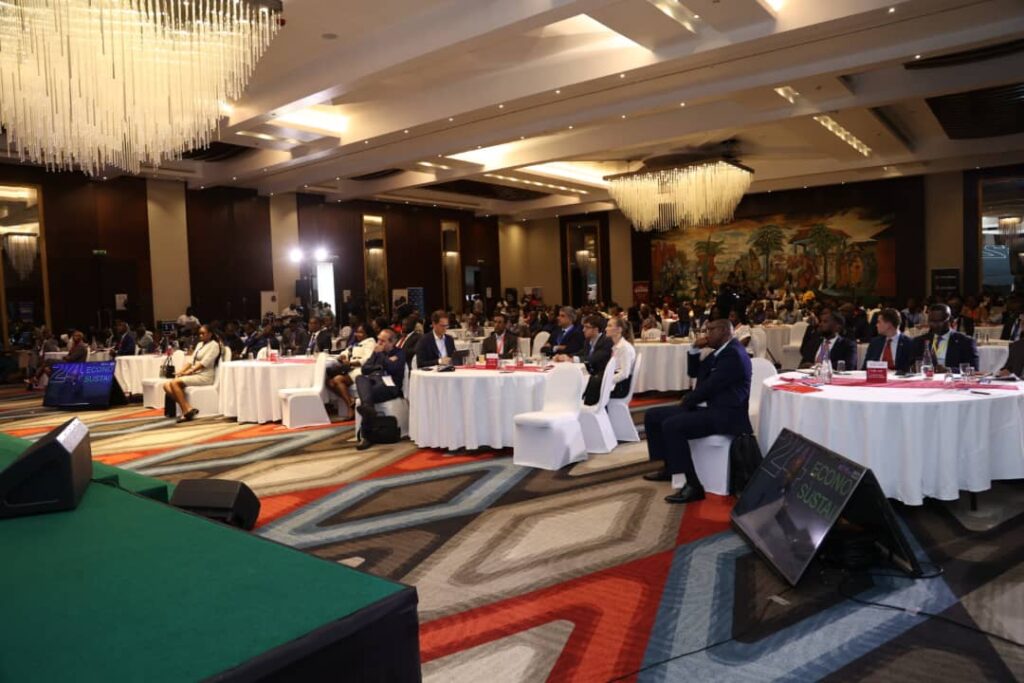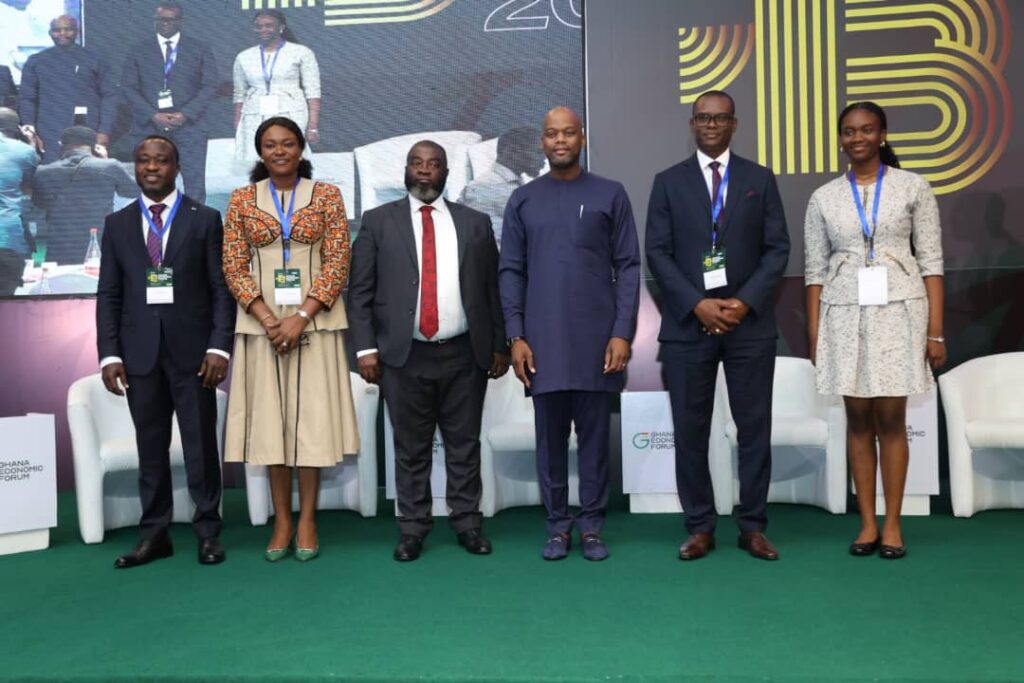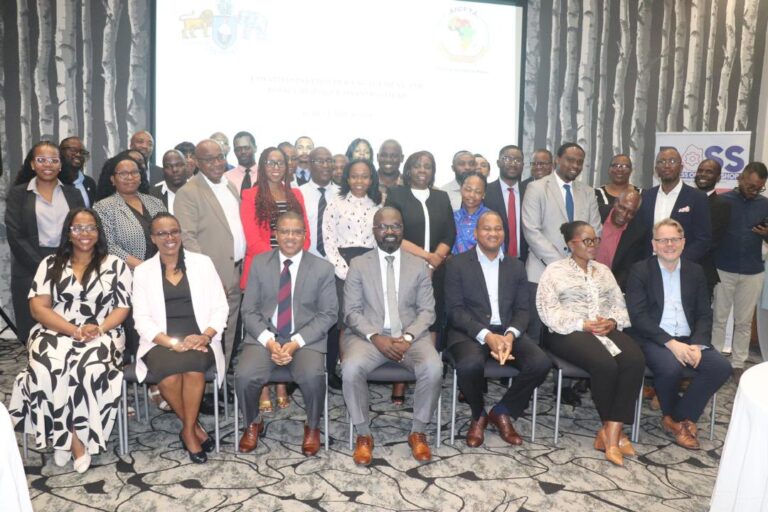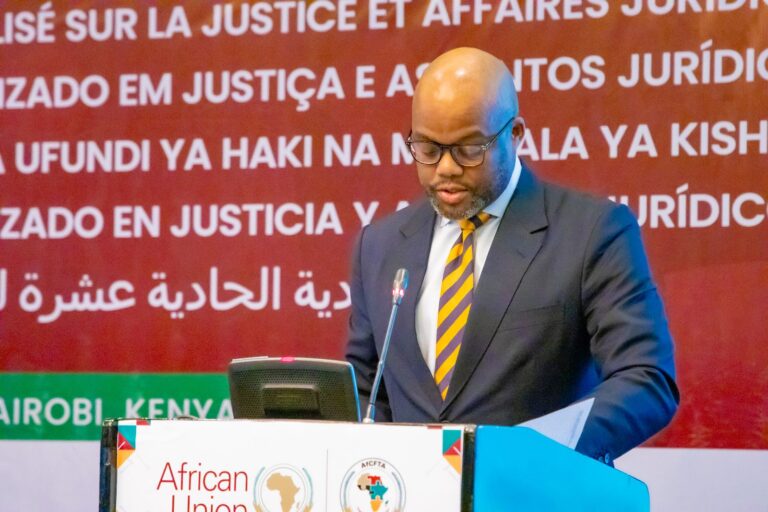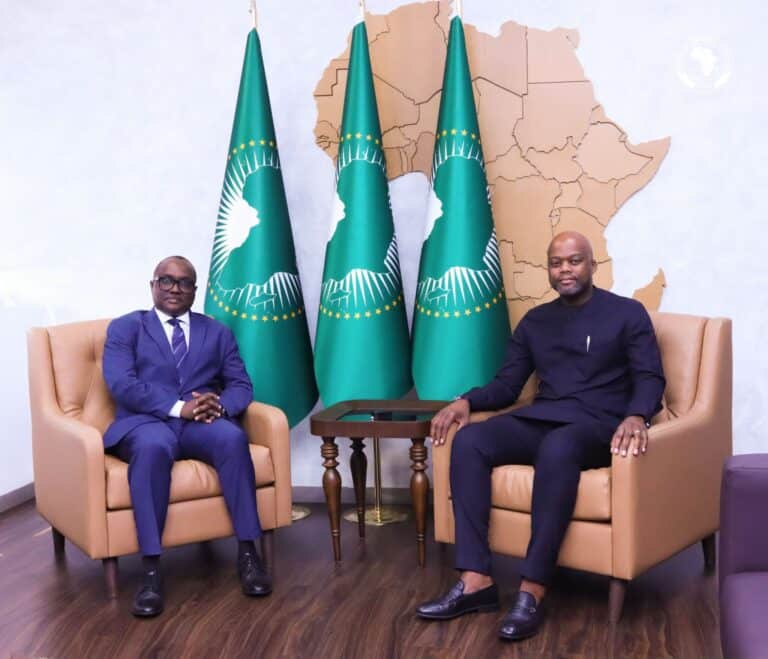Accra, Ghana –– The African Continental Free Trade Area (AfCFTA) Secretary-General, H.E. Wamkele Mene, delivered a keynote address at the Ghana Economic Forum 2024, calling for the re-engineering of Ghana’s economic model to ensure sustainable development. The forum, organized by the Business & Financial Times (B&FT) under the theme “Unlocking Opportunities: Re-engineering Ghana’s Economic Model for Sustainable Development,” served as a crucial platform for addressing Africa’s economic challenges and prospects.
In his address, H.E. Mene highlighted the multitude of challenges that African economies, including Ghana’s, have faced in recent years. These include tightening global financial conditions, supply chain disruptions, geopolitical tensions, and subdued global demand for commodities. Additionally, he pointed out the lingering effects of the COVID-19 pandemic and the increasing impacts of climate change as significant factors compounding these challenges. Despite these hurdles, the Secretary-General remained optimistic about Africa’s economic recovery, projecting growth from 3.2% in 2023 to 3.5% in 2024.
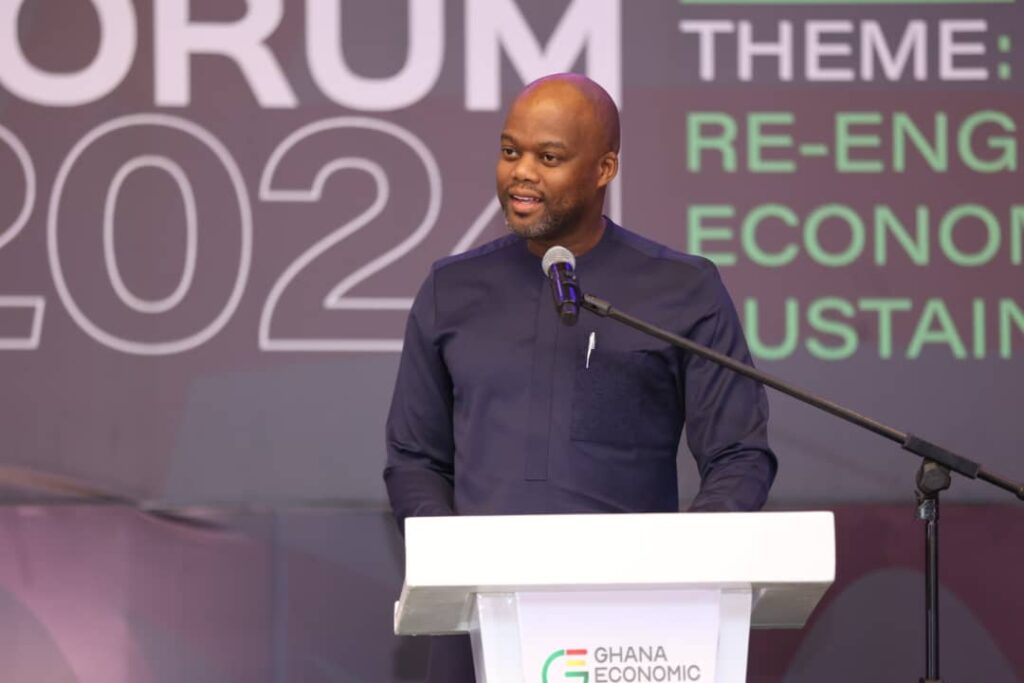
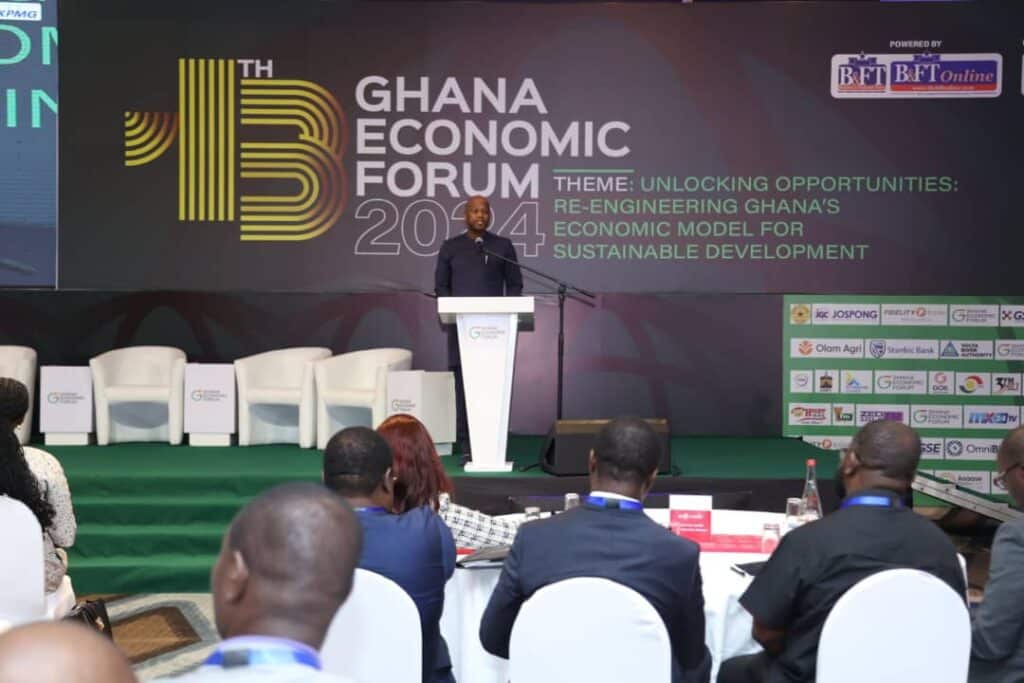
The Secretary-General emphasized the critical role of the AfCFTA in mitigating the adverse effects of external shocks. He described the AfCFTA as a crucial tool for sustainable development and economic transformation across the continent. With Ghana taking a leadership role, notably through its early participation in the Guided Trade Initiative (GTI), H.E. Mene highlighted the significant increase in Ghana’s share of intra-African trade, which surged to 5.46% in 2023. This growth, he noted, is a testament to the potential of intra-African trade to drive economic resilience and expansion.
H.E. Mene also discussed the broader implications of the AfCFTA, stressing that it is not just about increasing trade but about creating a diversified and resilient economic framework across Africa. He highlighted several strategic initiatives facilitated by the AfCFTA Secretariat, including the Intra-African Trade Fair, Biashara Afrika, and the Pan-African Payment and Settlement System (PAPSS). These initiatives are designed to bolster critical sectors and support countries in adapting to the changes brought by the AfCFTA.
The Secretary-General called upon industry leaders, policymakers, and stakeholders to forge robust partnerships and develop sustainable business models that align with the AfCFTA’s objectives. He stressed that the success of the AfCFTA hinges on collective effort, and Ghana, as a key leader and host country, plays a pivotal role in this transformative journey.
In conclusion, H.E. Mene urged all stakeholders to leverage their collective expertise and capabilities to advance the AfCFTA and re-engineer Ghana’s economic model. He expressed confidence that with a united approach, Africa can position itself as a formidable force in the global arena, ensuring sustainable development for all.
